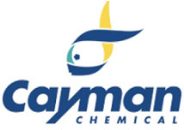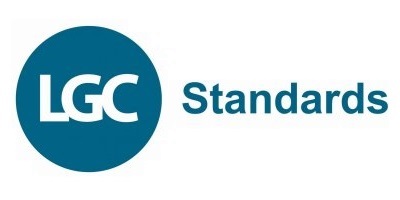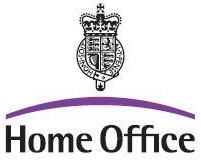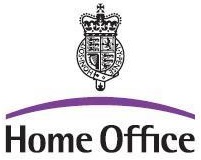First steps to a partial research use exemption in the UK
First steps to a partial research use exemption in the UK
Advisors to the UK Government recommend the implementation of targeted research use exemptions for specific chemical classes
The UK AMCD (Advisory Council on the Misuse of Drugs), which provides scientific and evidence-based advice to the UK government, has published its long-awaited report and recommendations relating to the ‘legitimate research’ use of Controlled Substances in the UK.
The report suggests several changes to Misuse of Drugs act relating to research use, including: -
1. To ensure that proposed changes only apply to legitimate research, the ACMD recommends that the Home Office defines the term ‘research organisation’.
2. The ACMD recommends that the MDR (Misuse of Drugs Regulations) should be amended to permit such ‘research organisations’ to produce/possess/supply/offer to supply a 100mg de minimis limit for compounds caught under the synthetic cannabinoid generic definition of the Misuse of Drugs Act 1971 (MDA) and the MDR
3. The ACMD recommends that the MDR should also be amended to permit ‘research organisations’ defined in recommendation 1 to import/export up to 100mg of synthetic cannabinoids, except those that come under international control.
This is an important first step for lowering the barriers to legitimate research with regards to controlled substances and should be seen as a great success for all the organisations and companies, including Scitegrity, who have provided evidence directly and indirectly for the report.
However, it should be noted that currently this does not represent a change in the law and the UK government does not have to accept the recommendations. The report also raises a number of concerns and technical legal issues that will need to be addressed if the recommendations are to be put into law.
The report’s recommendations are also specific to chemical space covering likely synthetic cannabinoids within the act, not all controlled substances.
Even so, the exempting synthetic cannabinoid chemical space, will still be an impactful first step. For example, it should allow research organisations to more easily store and share chemical libraries for drug discovery and early stage research as these can often contain thousands of non CB1 agonists technically currently controlled under the MDA as synthetic cannabinoids.
The hope within the research community is that in time, should it prove successful, the exemption will be extended to other substance classes covered by the act.
Scitegrity will of course keep you upto date with the progress of this report and any proposed legislative changes, however given experiences with previous MDA amendments, it could be many months or years before this could take effect, should the government agree to the proposals
Trusted by our Clients












